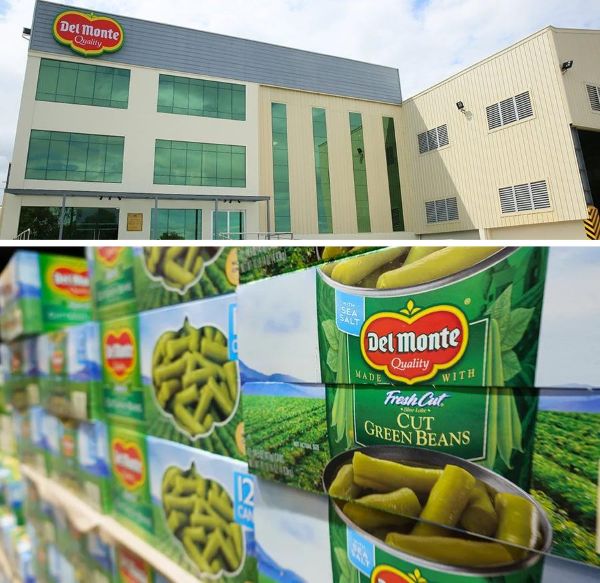Del Monte Files for Bankruptcy as Shifting Consumer Trends Shake Iconic Food Brand
Del Monte Foods, the nearly 140-year-old household name best known for its canned fruits and vegetables, has filed for bankruptcy protection amid mounting financial strain and changing consumer preferences. Once a symbol of American pantry staples, the company is now entering Chapter 11 proceedings as it seeks new ownership and a path to long-term stability.
The company announced late Tuesday that it has initiated a court-supervised sale process for all of its assets. Despite the filing, Del Monte confirmed that it will continue operating during this transition, thanks to $912.5 million in debtor-in-possession financing secured from its existing lenders. This crucial funding is expected to sustain normal business operations, particularly during the busy peak canning season.
Among the many products under the Del Monte umbrella are familiar grocery brands like College Inn broths, Contadina canned tomatoes, and of course, the iconic Del Monte line of canned fruits and vegetables. The company emphasized that its non-U.S. subsidiaries are not part of the Chapter 11 proceedings and will continue business as usual.
CEO Greg Longstreet described the move as a deliberate and necessary step in Del Monte’s efforts to adapt to evolving market conditions. “After a thorough evaluation of all available options, we determined a court-supervised sale process is the most effective way to accelerate our turnaround and create a stronger and enduring Del Monte Foods,” he said in a statement.
Del Monte attributed its financial struggles to a combination of factors, including rising operational costs, declining consumer demand, and the growing popularity of private label and health-focused alternatives. With more shoppers choosing fresher, preservative-free products, the demand for traditional canned goods has sharply declined in recent years.
The company noted that it faced “increased costs related to surplus inventory,” which had to be warehoused and heavily discounted in an effort to move it off store shelves. The downturn in consumer interest in canned goods, once a staple in American households, has forced legacy brands like Del Monte to reassess their strategies in a changing food landscape.
According to court filings, Del Monte's liabilities are estimated between $1 billion and $10 billion. The goal of the Chapter 11 filing is to restructure these debts while maintaining operations and fulfilling customer commitments.
Del Monte’s roots trace back to 1886, and by 1909, the company claimed it operated the largest fruit and vegetable cannery in the world, located in San Francisco. For generations, Del Monte was synonymous with pantry reliability, offering shelf-stable food at an affordable price point.
While the brand still holds recognition, its legacy alone has not been enough to weather the challenges of today’s dynamic food market, where consumer loyalty is increasingly shifting toward organic, fresh, and locally sourced products. Longstreet remains optimistic, noting that with a stronger capital structure and renewed ownership, the company will be better positioned to compete and evolve.
For now, Del Monte Foods continues to serve customers and meet distribution obligations while working through the legal and financial steps required to complete its restructuring. The outcome of the sale process will likely determine the future of one of America’s most enduring food brands.

COMMENTS (0)
Sign in to join the conversation
LOGIN TO COMMENT